Share This:

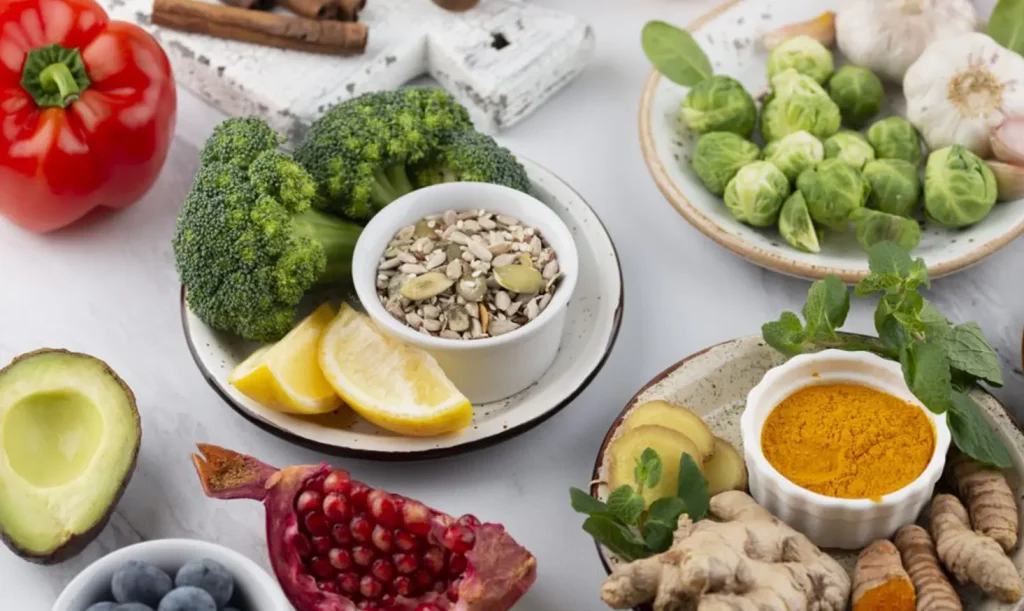
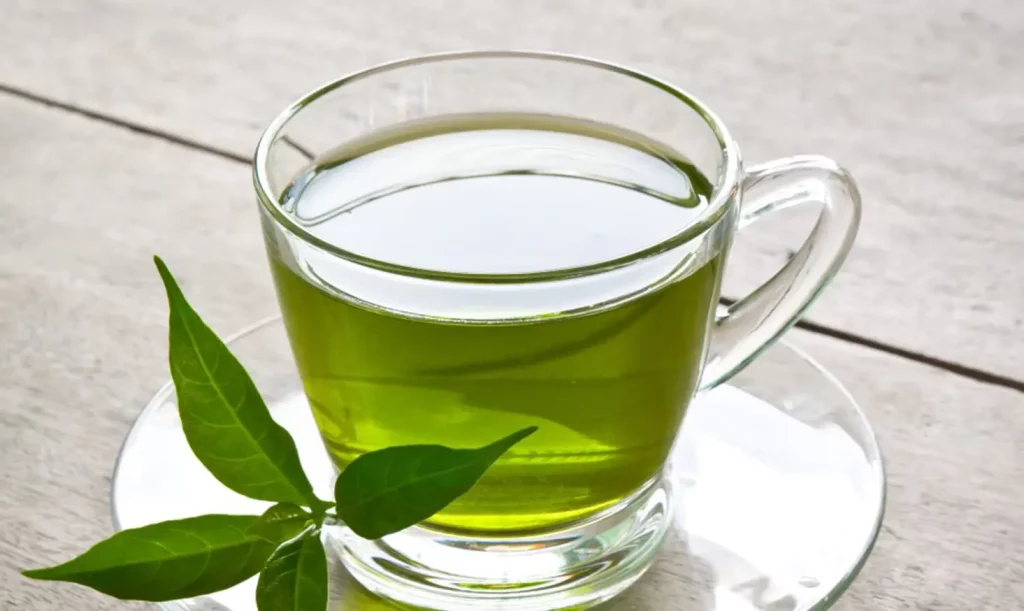
1. https://www.healthline.com/nutrition/cancer-and-diet
2. https://www.betterhealth.vic.gov.au/health/healthyliving/antioxidants
3. https://www.aicr.org/news/tomatoes-other-foods-containing-lycopene-may-protect-against-prostate-cancer-study-finds/
4. https://wiki.cancer.org.au/policy/Position_statement_-_Beta-carotene_and_cancer_risk
5. https://www.nhs.uk/live-well/eat-well/5-a-day/why-5-a-day/
6. https://www.mdpi.com/1420-3049/28/11/4322
7. https://www.healthhub.sg/a-z/diseases-and-conditions/24/colorectalcancer
8. https://www.betterhealth.vic.gov.au/health/conditionsandtreatments/cancer-and-food
9. https://www.cohamed.com/blog/cancer-preventing-foods
10. https://www.medicalnewstoday.com/articles/cancer-causing-foods
11. https://www.mdanderson.org/cancerwise/sugar–insulin-resistance-and-cancer–what-is-the-link.h00-159461634.html
12. https://foodforbreastcancer.com/foods/green-tea
13. https://www.ncbi.nlm.nih.gov/pmc/articles/PMC8466984/
14. https://www.mayoclinic.org/diseases-conditions/cancer/expert-answers/curcumin/faq-20057858
15. https://www.cancer.org.au/iheard/does-resveratrol-slow-cancer-cell-growth
16. https://www.mdanderson.org/publications/focused-on-health/sulforaphane-benefits–how-leafy-veggies-like-broccoli-and-bruss.h13-1593780.html
17. https://www.frontiersin.org/articles/10.3389/fimmu.2023.1077531/full

At The Cancer Centre (TCC), Dr Wong Seng Weng and his medical oncology team are focusing their expertise on implementing preventive measures, actively conducting screening and providing innovative, targeted treatments for adult cancers, as well as using proven technologies to ensure optimal patient safety and comfort.
Dr Wong, a visiting consultant medical oncologist at Mount Elizabeth Hospital (Novena) and Mount Elizabeth Hospital (Orchard), holds the appointment of Adjunct Clinician Scientist at the Institute of Bioengineering and Nanotechnology in the Agency of Science, Technology and Research (A*STAR). He is also an active member of the American Society of Clinical Oncology, European Society of Medical Oncology and Singapore Society of Oncology.
Share This:







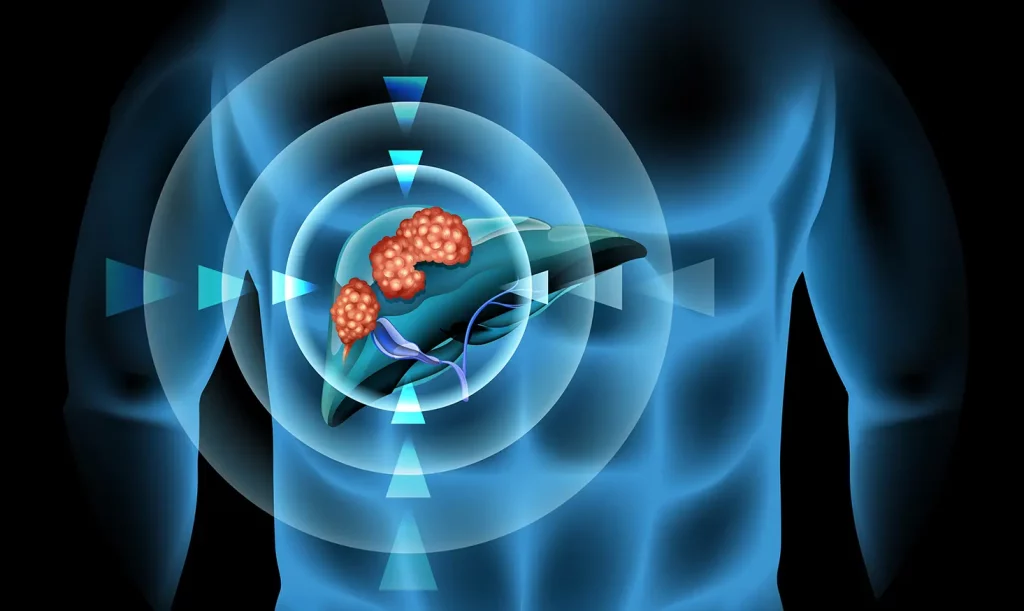

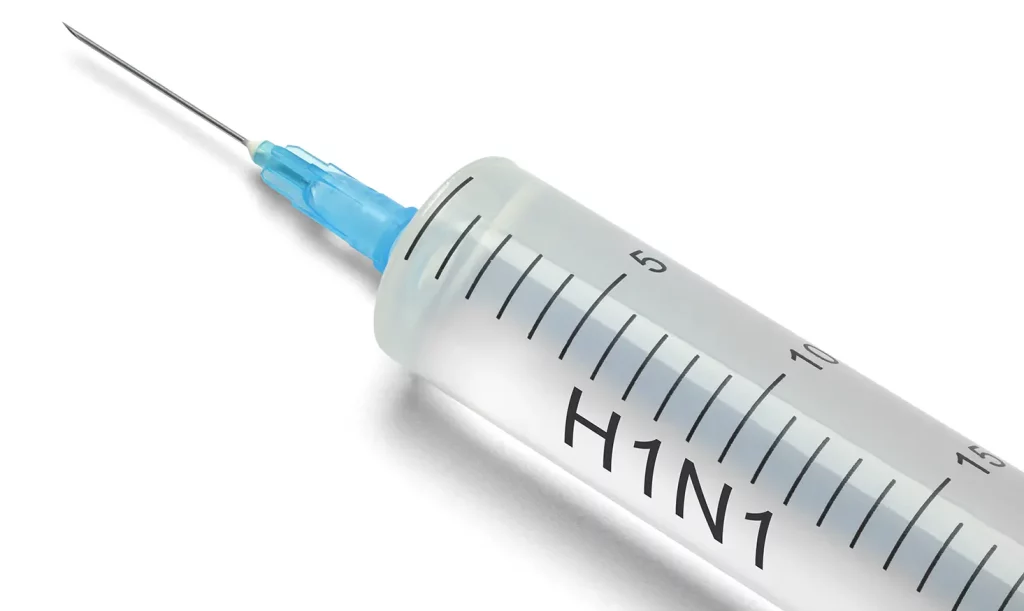



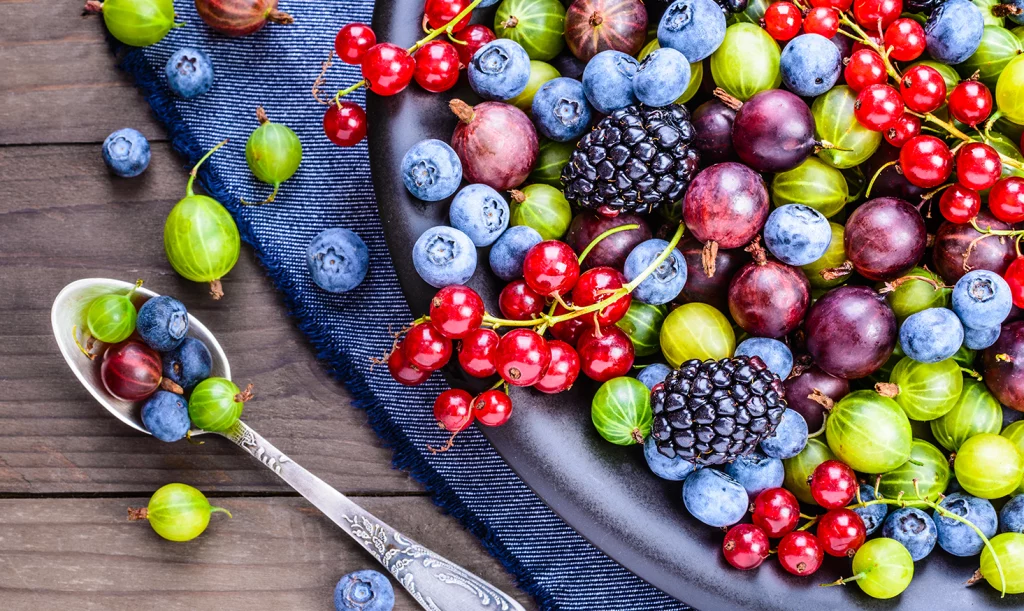
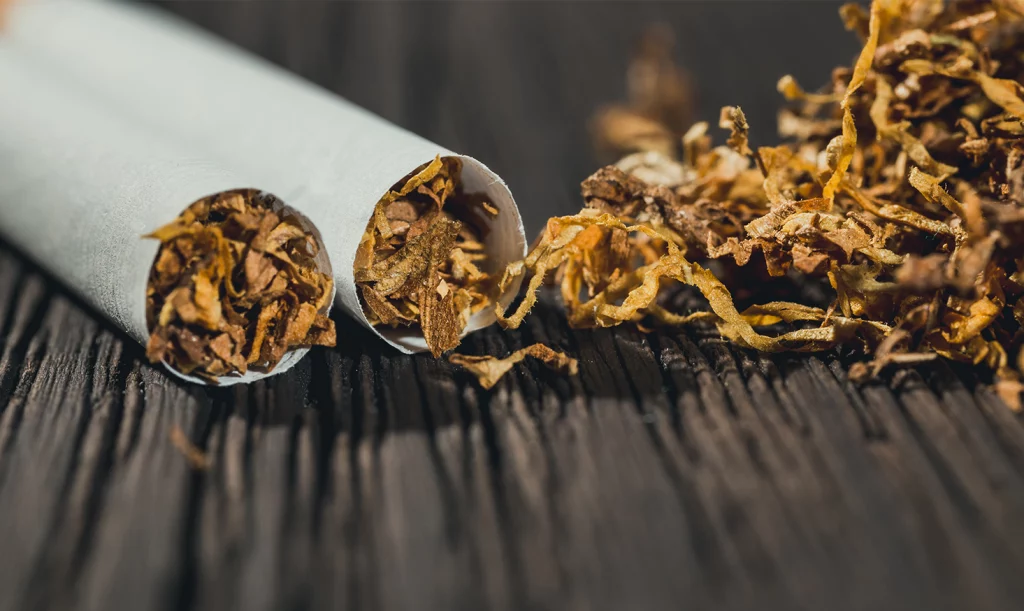
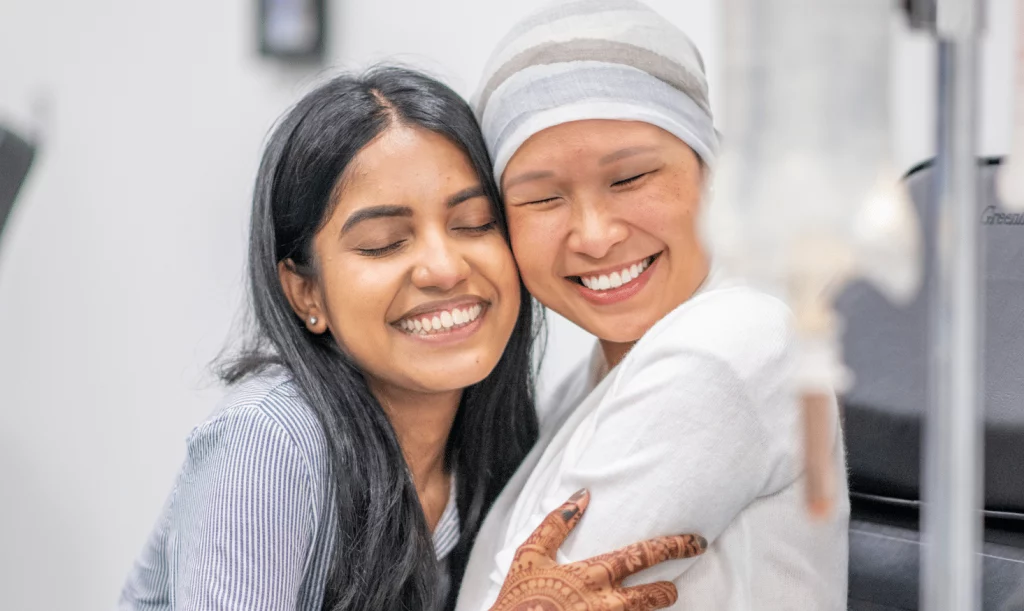
The Cancer Centre @ Paragon
290 Orchard Road #17-05/06
Paragon Medical (Lobby F)
Singapore 238859
The Cancer Centre @ Mount Elizabeth Orchard
3 Mount Elizabeth #12-11
Mount Elizabeth Medical Centre
Singapore 228510
(by appointment only)
The Cancer Centre @ Mount Elizabeth Novena
38 Irrawaddy Road #07-41
Mount Elizabeth Novena Specialist Centre
Singapore 329563

BOOK AN APPOINTMENT
Incorporated in 2005, Singapore Medical Group (SMG) is a healthcare organisation with a network of private specialist providers across four established pillars - Aesthetics, Diagnostic Imaging & Screening, Oncology and Women's and Children's Health. Within Singapore, SMG has more than 40 clinics strategically located in central Singapore and heartland estates. Beyond Singapore, SMG also has an established presence in Indonesia, Vietnam and Australia. Learn about our privacy policy here.
